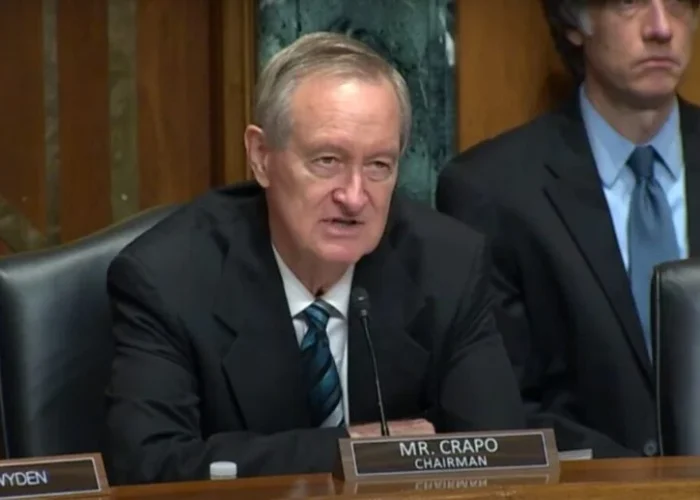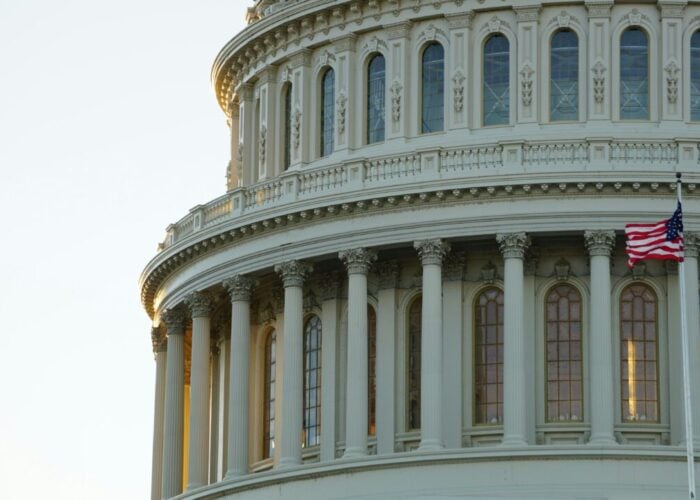
A win from Donald Trump in the November presidential election would have a limited impact on the US’ energy transition, according to analysis from Aurora Energy Research.
In its analysis, Aurora wrote that the possibility of repealing the Inflation Reduction Act (IRA) would be remote, however, scrapping subsidies for electric vehicles could impact the deployment of renewables. By 2040, up to 25GW of solar PV, battery storage and wind deployment could be reduced in the major power markets—ERCOT, CAISO, PJM, NYISO and ISO-NE.
Unlock unlimited access for 12 whole months of distinctive global analysis
Photovoltaics International is now included.
- Regular insight and analysis of the industry’s biggest developments
- In-depth interviews with the industry’s leading figures
- Unlimited digital access to the PV Tech Power journal catalogue
- Unlimited digital access to the Photovoltaics International journal catalogue
- Access to more than 1,000 technical papers
- Discounts on Solar Media’s portfolio of events, in-person and virtual
Under a more extreme scenario, called “Project 2025,” a Trump administration would ignore opposition from red state communities that have benefited from IRA incentives and scrap tax credits for solar, batteries, and wind from 2025. This is in contrast to Republican members of the US Congress calling for the preservation of the IRA earlier this year amidst attempts to repeal the bill.
The 18 Republican members focused on the impact it had on domestic energy manufacturing. In the two years since the IRA became law, the US has seen its solar manufacturing capacity increase fourfold, with 10GW of annual nameplate capacity added in the second quarter of 2024 alone.
This scenario would have a much more significant impact on the deployment of renewables and batteries, reducing installed capacity by 2040 to 200GW. A decrease in renewables deployment would impact wholesale power prices by up to 22% in certain states such as Texas.
Earlier this month in California, the majority of people PV Tech spoke to during RE+ in Anaheim felt positive about the election’s outcome, even if some uncertainty may be looming on the horizon.
A second term from Trump could jeopardise US$1 trillion in energy investment until 2050, according to a report from Wood Mackenzie published in May 2024. Despite the figure loss, production (PTC) and investment tax credits (ITC) provided by the IRA would unlikely be halted, with Wood Mackenzie stating it would be unlikely for the IRA to be “fully repealed”.
Lizzie Bonahoom, associate Pan-US team at Aurora Energy Research, said: “We have tried to capture all potential outcomes by modelling both what is realistic for either candidate to achieve, and what is possible but less likely; the realistic outcome of either presidency has a more limited impact on long-term US power sector outcomes than we typically see in commentary surrounding the upcoming election. Harris largely represents the status quo, while Trump may struggle to honour his campaign promises.”







